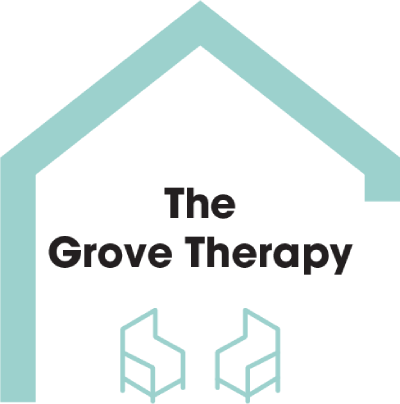Blog
Get help with relationship problems in Ilkley
At The Grove Counselling & Psychotherapy Practice we offer counselling for relationship problems, low self-esteem and more in Ilkey and the surrounding area. You’ll benefit from having the time and space to work through your difficulties and find ways to manage and move on from your problems. Read our blog below to find out more about the issues we work with and call us today to book an appointment if you feel counselling or psychotherapy could be beneficial for you.
COVID-19:
During these anxious times, it's important that we don't forget about our mental health. This
article
offers some useful tips on staying mentally healthy at this uncertain time in all our lives.
Anxiety
Anxiety is a very common problem experienced by different people in different ways. Anxiety is a natural emotion, but it becomes a problem when it becomes difficult to control or manage. If you feel that your anxiety is starting to get out of control or is causing problems in your life, it may be time to seek help from a professional. At The Grove Counselling & Psychotherapy Practice, our experienced and qualified team have a wealth of experience in helping clients to identify the source of their anxieties and to find ways to manage and overcome them.
Read More
Addiction
At The Grove Counselling & Psychotherapy Practice, our team have helped a wide range of clients with a variety of addiction issues. People can become addicted to drugs and alcohol, but also to gambling or other behaviours that can become destructive when pursued to excess. If you feel you have developed a habit for something that is making your life difficult or causing relationship problems between you and those close to you, then it’s a good idea to find professional support in order to deal with these issues and begin to find ways out of destructive or dysfunctional behaviours.
Read More
IS EMDR THE RIGHT THERAPY FOR ME?
We thought it might be helpful to give you a little more information on EMDR to help you decide whether it might be useful for you. EMDR (Eye Movement Desensitisation and Reprocessing) is an approach that can be helpful in working with a wide range of mental health issues and with post-traumatic stress in particular. EMDR can help people to recover from distressing life events and the problems they have caused, for example, flashbacks, upsetting thoughts or images, depression or anxiety. EMDR is recognised by the National Institute for Health and Care Excellence (NICE) as a treatment for post-traumatic stress disorder (PTSD), and the World Health Organisation (WHO), which also recognises it as an effective treatment for adults and children. When using EMDR, there is a preparation stage where the therapist and the client will prepare for the work together and a processing stage where bilateral stimulation is used to help process disturbing memories, thoughts and feelings.
Read More
Bilateral stimulation refers to sensory stimuli, such as sounds, tapping, and eye movement, that activate both sides of the brain. This can soothe and calm the client's nervous system, enhancing the client's access to positive images, thoughts, emotions and body sensations. During a therapy session, your therapist may instruct the client to use their eyes to follow her fingers, and a client may be instructed to pat their own shoulders or knees with their hands, alternating between their left and right sides while following your therapist's pace. Bilateral stimulation can provide a new tool for people to process and recover from traumatic events. Here, the client practices how to regulate their own body, and in this way can be enabled to gain distance from and changes their perspective on the original trauma. Bilateral stimulation in EMDR therapy can help clients alleviate distressing emotional and physiological symptoms. The number of sessions needed will depend on the type and severity of trauma which has been experienced.
Read More
Please get in touch with The Grove Therapy or our EMDR therapist Bo Bloomfield if you would like further information.
For help with addiction, anxiety or relationship problems, call 01943 969548
Address :
The Grove Counselling
& Psychotherapy Centre
62 The Grove
Ilkley LS29 9PA
Follow Us

Powered by Digital Kitbag | Privacy Policy
